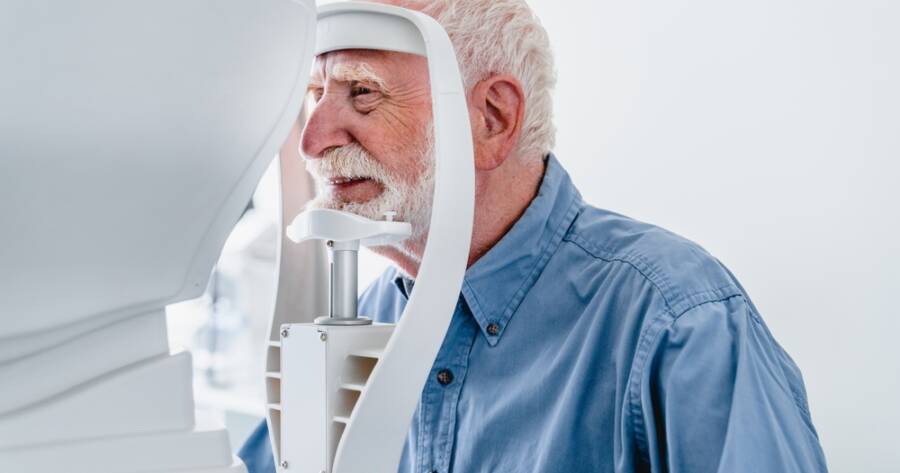Macular degeneration can significantly impact vision, making daily tasks challenging and affecting overall quality of life. However, emerging treatments are bringing new hope to those affected. From advanced drug therapies that slow disease progression to innovative devices that enhance visual clarity, cutting-edge solutions are helping patients preserve their eyesight and regain independence. As research continues to evolve, more individuals are finding effective ways to manage macular degeneration and improve their visual health.
What Are New Treatments for Macular Degeneration?
Recent advancements in the treatment of macular degeneration have introduced innovative therapies that aim to restore vision. Gene therapy has emerged as a promising option, with studies indicating its potential to repair damaged retinal cells. This approach targets the underlying genetic causes of the disease, offering hope for patients who have limited treatment options. Ongoing research continues to explore the efficacy and safety of these therapies, with early results showing encouraging outcomes.
Additionally, stem cell treatments are being investigated as a future advancement in managing macular degeneration. These therapies aim to regenerate damaged retinal tissues, potentially reversing vision loss. While still in the experimental stages, the progress in this field suggests a bright future for patients seeking effective treatments.
Anti-VEGF Injections: Slowing Vision Loss Effectively
Anti-VEGF injections have become a cornerstone in the management of macular degeneration, particularly for wet forms of the disease. These injections work by inhibiting the growth of abnormal blood vessels in the retina, which can lead to vision loss.
Clinical trials have demonstrated that these treatments can significantly slow down the progression of vision loss and, in some cases, improve visual acuity. The ongoing development of new anti-VEGF agents aims to enhance the effectiveness and reduce the frequency of injections required. This evolution in treatment protocols is crucial for improving patient compliance and overall quality of life.
Innovative Devices Enhance Clarity for Macular Degeneration Patients
Innovative devices are playing a vital role in enhancing visual clarity for individuals with macular degeneration. One notable advancement is the implantable miniature telescope, which magnifies images and projects them onto healthy areas of the retina. This device has shown promise in improving the quality of life for patients by enabling them to engage in daily activities with greater ease.
Additionally, advancements in visual aids and smart technology are providing new solutions for those affected by this condition. These devices are designed to assist with reading, recognizing faces, and navigating environments, thereby empowering patients to maintain independence despite their visual challenges.
Lifestyle Adjustments and Supplements to Support Eye Health
In addition to advanced therapies and devices, lifestyle adjustments and nutritional supplements can play a significant role in managing macular degeneration. Studies have shown that a diet rich in antioxidants—such as vitamins C and E, lutein, and zeaxanthin—can help slow the progression of the disease by protecting retinal cells from damage. Omega-3 fatty acids, found in fish like salmon and mackerel, are also known to support overall eye health. Some patients may benefit from taking specially formulated eye supplements that contain these essential nutrients, which are designed to promote retinal function and maintain vision.
Additionally, lifestyle changes such as quitting smoking, managing blood pressure, and wearing sunglasses to protect eyes from UV exposure can further support eye health. While not a cure, these proactive steps can complement medical treatments, offering patients a comprehensive approach to managing macular degeneration and maintaining their quality of life.
Take Your Eye Health Seriously
The field of macular degeneration treatment is rapidly evolving, with ongoing research and innovative therapies offering hope for those affected by this condition. As new treatments emerge, the potential for improved vision and quality of life continues to grow. Understanding these advancements can provide valuable insights into the future of eye care and the possibilities for restoring vision.





